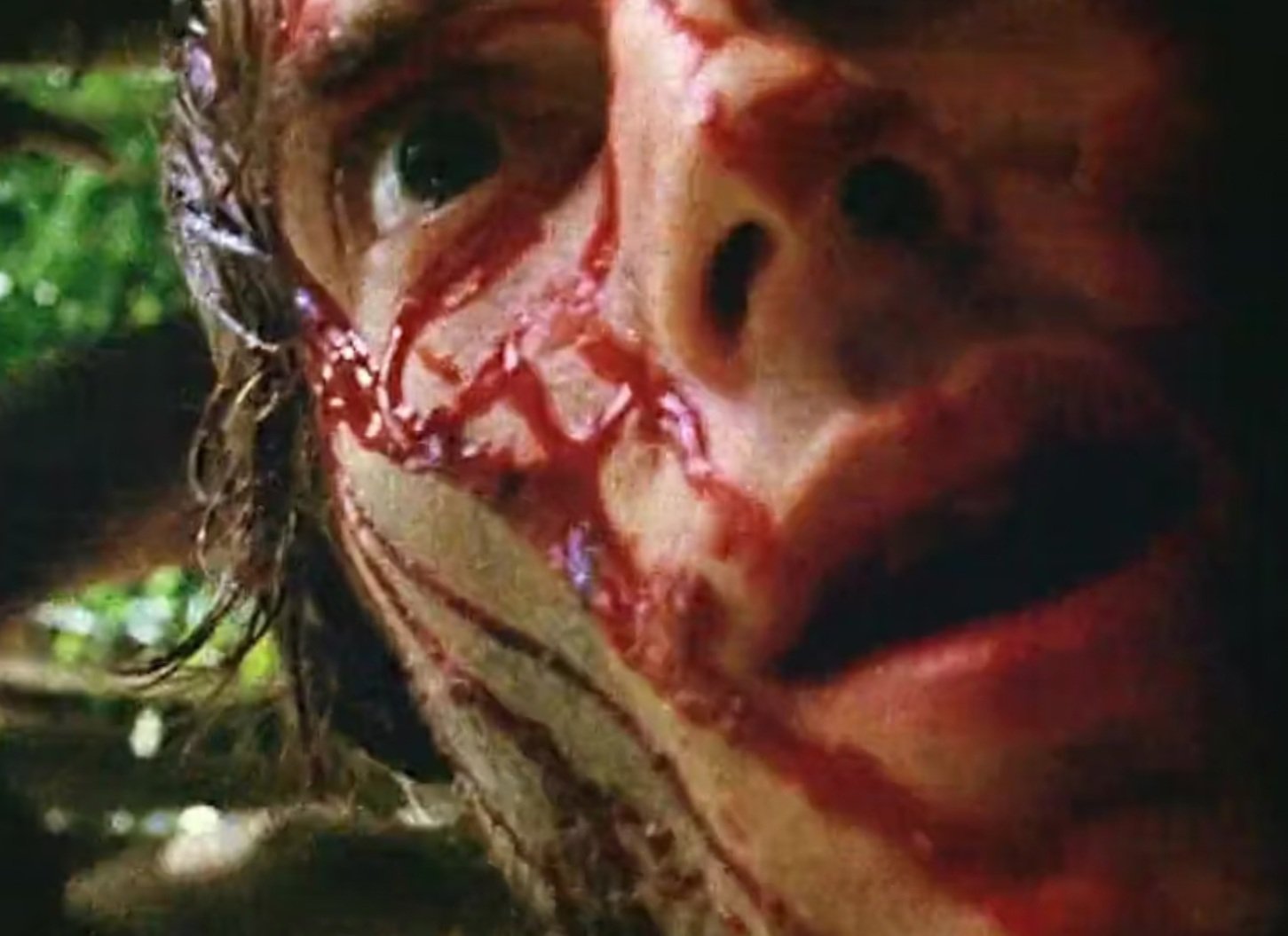
Mysterium Horrendum: A Symbology of Lars von Trier's Antichrist
The return to Eden after having left it, leaves man in a position in which he is confronted with that which he has been separated, what Lutheran theologian Rudolf Otto called the “peace that passeth understanding." In von Trier's world, man comes back to Eden after living in the civilization that he has made his own. Nature had been visited before by the couple, as a place for vacation, a place for peace, but the peace that passeth understanding takes them over as soon as she begins to work on her thesis. This gesture is perhaps eating from the tree of knowledge, but gives her some notions about women in relation to the world which may or may not be true. In examining the symbols inherent in this mode of expression, it is also necessary to examine the means by which they are expressed, such as similar titles found in literature.

Unit 731: Historical Films, Exploitation and the Denial of History
This essay examines the so-called exploitation film The Men Behind the Sun, which details the atrocities committed against Manchurians, Chinese, Soviets / Russians and other prisoners of war by the Japanese Imperial army during the waning days of World War II.
Tun Fei Mou's film has long been a subject of controversy, but upon investigating the historical context behind the film, it is not merely due to the violence and presentation of the material. The material itself, despite having a strong historical record, is reviled in Japan. This is a symptom of a larger problem, that of widespread historical denial in that country, and a need to whitewash its past.
Using a variety of sources, the films, documentaries, some books as well as articles on Japan and Unit 731, this article argues the importance of the film— despite its exploitation film guise— in order to better understand historical denialism in a region where it is oft thought nationalism is dormant.

Tribal Laws: Cannibal Verite and Italian Phago-realism
This essay examines the ways that certain exploitation films— namely, Cannibal Holocaust and Cannibal Ferox— can illuminate cultural discourse while also obscuring it. Here, the case is made that while Cannibal Holocaust is an exploitation film— to be sure— it takes seriously its subject matter in a way that is constructive whereas Cannibal Ferox does so and the effect is a converse. Social commentary is inherent in both films, but only one is able to attain any sort of significance beyond being a mere spectacle.

Sion Sono and the Will to Nothingness: Experiments in Death
In some ways, the only true freedom in a society where freedom is so supposedly readily available, is to end one's own life. This was championed by the 18th-century German philosopher Arthur Schopenhauer as a freedom from religious law and dictums which allowed for the seizure of the offending man's property. This is a dubious and suspicious celebration, obviously, but his characterization is an important one in the age of contemporary treatments for depression, and the urging to accept a false sort of happiness. Films, in a way, are dreams of life, and can confront this inner dream of torment by shaking us free of this delusions by laying it bare. The second portion of the quote, the experiment that man puts to nature, is typified by some of the films of Sion Sono, especially Suicide Circle— or Suicide Club— and its follow-up, Noriko's Dinner Table.

Cine-Games: The Relative Merits of Horror
This is a response to Luke Thompson's 2007 article “What Torture Porn Isn't.” His article is an estimation of horror films and why “mainstream critics” don't understand or tolerate horror films. Film historian, cultural critic and philosopher John David Ebert states that film critics “by and large, are not literate.” By that he means, they do not understand mythos, or the background in literature that lays the foundation for the filmed image. To an extent, he is correct that critics often do not understand what lies under the surface of what they see.
However, the reactionary anti-critic, which Thompson seems to be defending, views the horror film in equally myopic terms. These critics fall into the same traps of mainstream criticism by simply not knowing what lurks behind each film. Thus, “torture porn” carries a meaning that is not examined appropriately by Thompson.